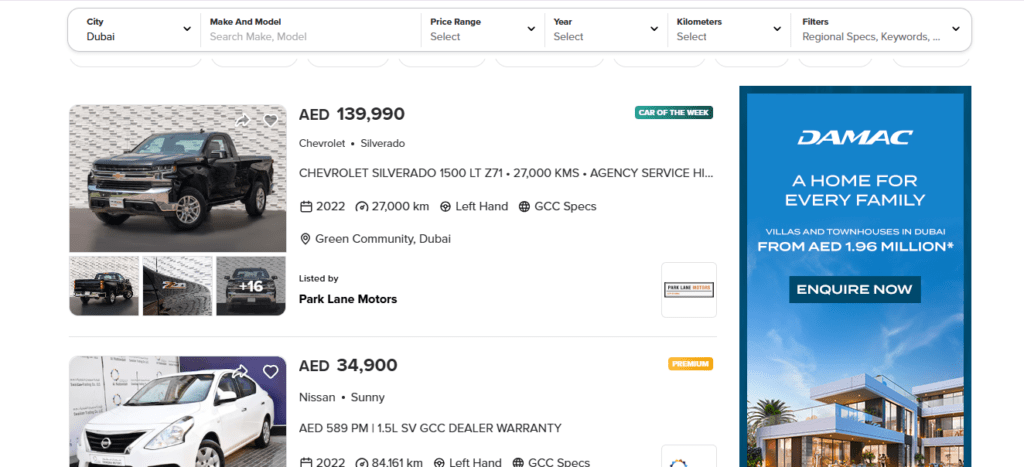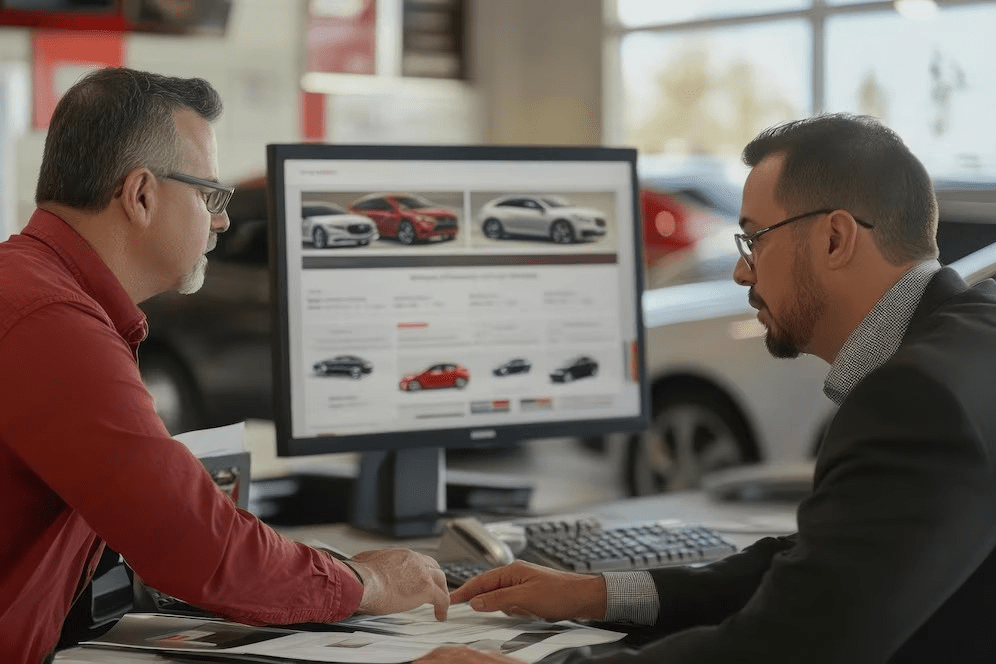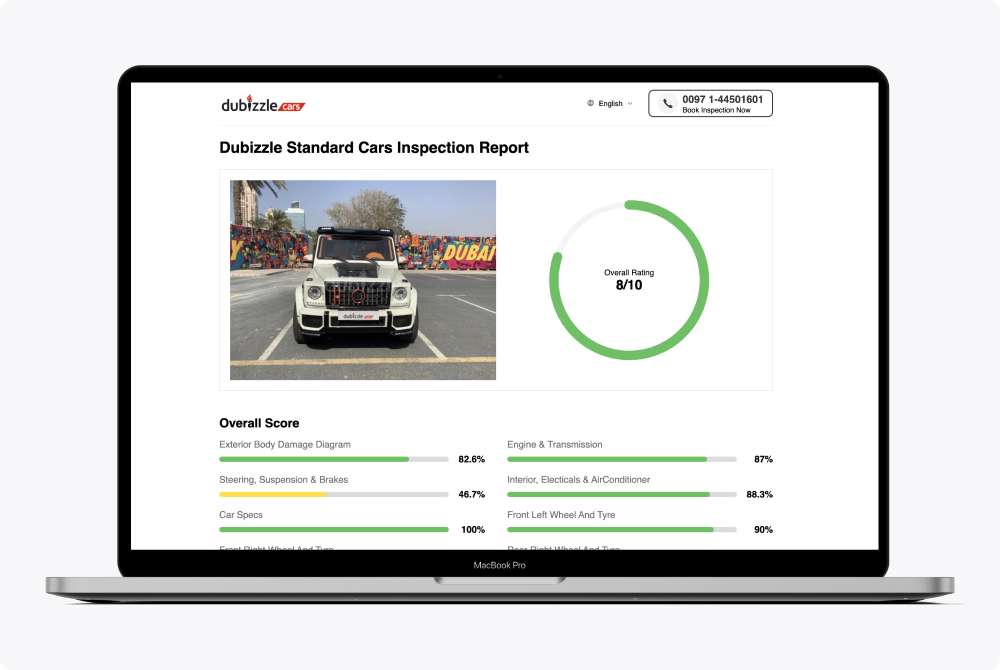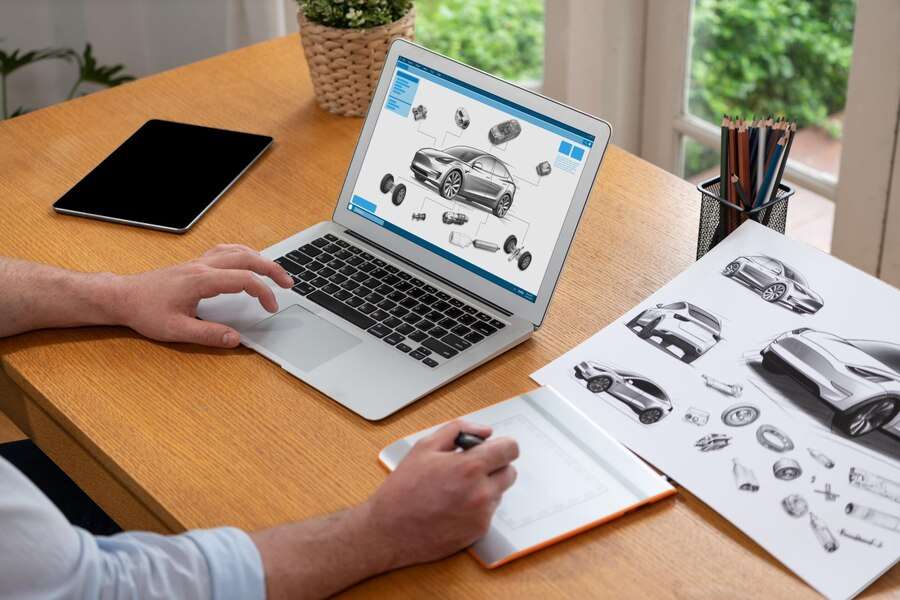Buying a Used Car From an Online Marketplace: What You Need to Know
Buying a used car online has become increasingly popular in today’s digital age. Online marketplaces offer the convenience of shopping from home, a wide range of options, and the possibility of finding great deals. However, there are also risks involved.
If you’re considering purchasing a used car online, making informed decisions is important to ensure a safe and satisfactory experience. Here’s everything you need to know about buying a used car from an online marketplace.
Advantages of Buying a Used Car Online
The advantages of buying used cars online are as follows.
Wide Selection
Online platforms give you access to thousands of listings from private sellers and dealers across the country or even internationally. This vast selection makes it easier to find exactly what you’re looking for.

Convenience
Shopping for a used car online means you can browse listings at any time from the comfort of your home. You don’t need to visit multiple dealerships or spend hours negotiating in person.
Competitive Pricing
Since online platforms have fewer overhead costs compared to traditional dealerships, they often offer competitive pricing. You might also find better deals or unique vehicles not available locally.
Potential Risks and Challenges
The risks and challenges are as follows.
Limited Physical Inspection
One of the biggest drawbacks of buying a car online is not being able to inspect it in person. You can’t feel the condition of the vehicle, check the paintwork closely, or test drive it.
Scams and Fraudulent Listings
Some listings may not be as they appear. Sellers may misrepresent the condition of the car or even post fake listings altogether.
Variable Seller Reliability
While large platforms provide some degree of security, buying directly from a private seller can be risky. You might not have the same consumer protection as you would with a dealership.
Steps to Ensure a Safe and Informed Purchase
Here is what you should do.
Research and Set a Budget
Before you start shopping, determine how much you’re willing to spend. Make sure to account for additional costs like taxes, insurance, and potential maintenance.
Research the models you’re interested in to get an idea of fair market prices. This will help you spot overpriced vehicles.

Choose Reputable Online Marketplaces
Stick to well-known platforms that have user reviews and ratings. Websites like AutoTrader, CarGurus, and Cars.com are examples of platforms with good reputations. Be cautious of platforms with little oversight or negative reviews.

Verify Vehicle Information
Ask the seller for the vehicle’s VIN (Vehicle Identification Number). You can use it to get a report on the car’s history, including any accidents, title issues, or odometer discrepancies. Services like Carfax and AutoCheck can provide this information. Avoid listings from sellers who are reluctant to provide this information.

Communicate Effectively with Sellers
Always ask detailed questions about the car’s condition, accident history, and reason for selling. A reliable seller will be transparent about the car’s condition. Gauge how responsive and open the seller is to your questions. If they’re difficult to reach or avoid answering direct questions, it’s a red flag.

Arrange a Virtual or In-Person Inspection
If possible, schedule a video call with the seller to inspect the car. If you’re nearby, arrange to meet in person for a closer look. Alternatively, you can hire a mechanic to inspect the vehicle before you finalize the purchase.

Understand the Return and Warranty Policies
Make sure you understand the marketplace’s return policies and any warranties offered by the seller. Many platforms provide a money-back guarantee or a return period if the car isn’t as described.
Secure Financing and Finalize the Deal Safely
If you need financing, compare rates from different lenders to get the best deal. Be cautious of deals that sound too good to be true. Hidden fees or problematic contracts can sometimes be associated with these deals.
Red Flags to Watch Out For
Here is what you should watch out for.
- Unusually Low Prices: If the price is significantly lower than similar cars in the market, it could indicate the car has hidden issues or that the listing is a scam.
- Reluctance to Provide Information: If the seller is unwilling to provide essential details like the car’s history report or maintenance records, it’s best to walk away.
- Pressure Tactics: Be cautious of sellers who pressure you to make a quick decision or claim that other buyers are interested. This could be an attempt to rush you into a deal.
- Inconsistent or Missing Documentation: Ensure the car’s title, registration, and service history are complete and match the seller’s claims. Missing or inconsistent documentation is a warning sign.

Conclusion
Buying a used car from an online marketplace can be a great way to find a vehicle that fits your needs, but it’s important to approach the process with caution. By doing thorough research, communicating effectively with sellers, and being aware of potential risks, you can minimize the chances of making a poor decision.

